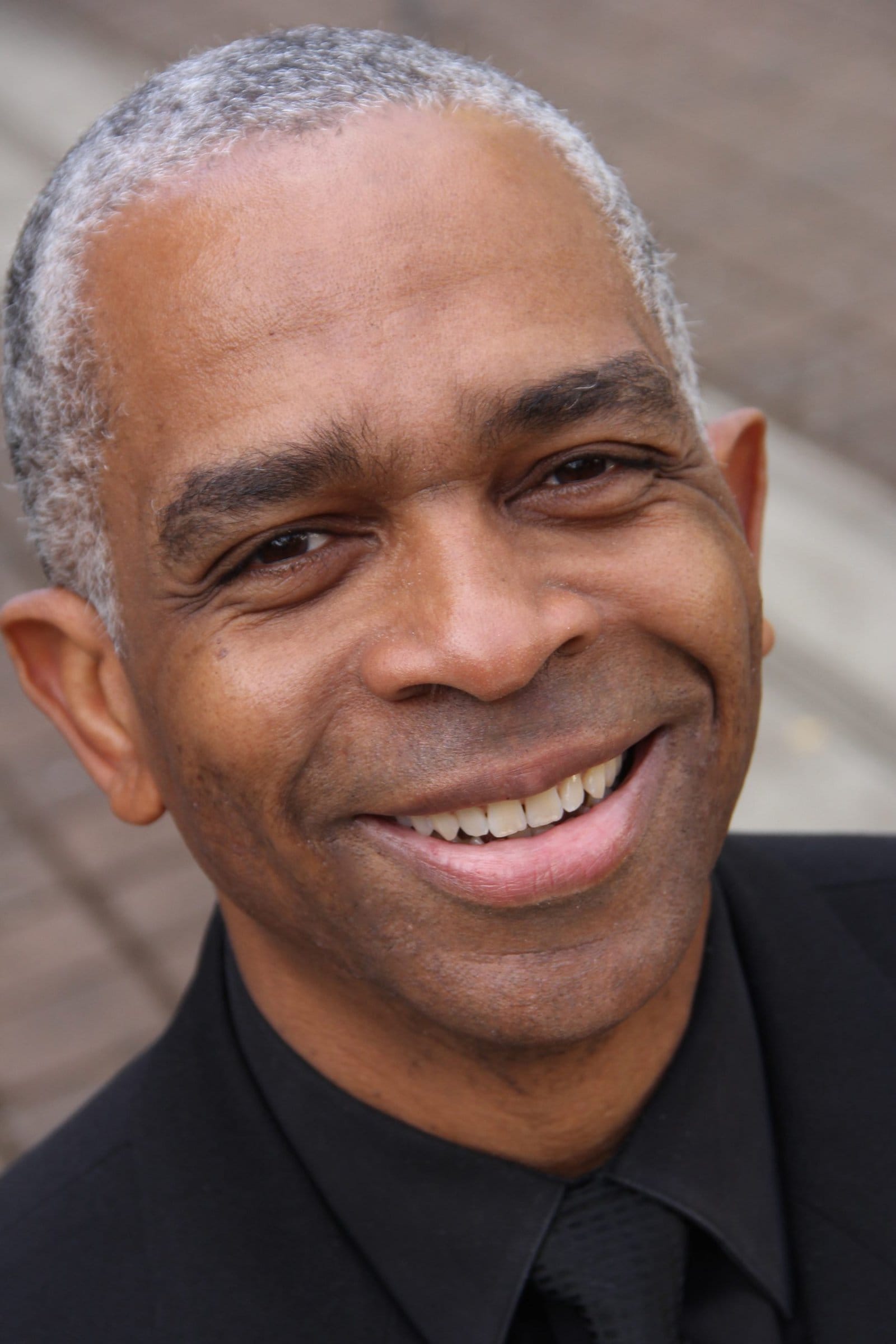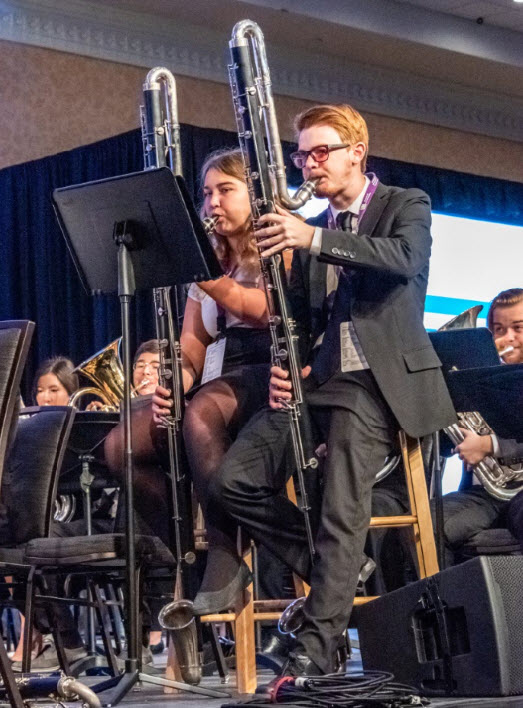/ News Posts / “Without Challenge There Is No Growth”
“Without Challenge There Is No Growth”
An Interview with 2022 All-National Honor Ensemble
Concert Band Conductor Rodney Dorsey
Rodney Dorsey also conducted the 2020 All-National Honor Ensembles Concert Band, which performed virtually in January 2021.
The 2022 All-National Honor Ensemble (ANHE) Concert Band will rehearse and perform November 3–6, in National Harbor, Maryland, with five other All-National Honor Ensembles. Rodney Dorsey will lead the Concert Band. In this conversation, Dorsey shares some of his thoughts on repertoire selection, the value of music education, and the upcoming ANHE Concert Band.
When did you first fall in love with music?
I fell in love with music after I joined band in fourth grade. My initial purpose was social because my friends were in band. I learned to enjoy playing clarinet and making music with my friends.
What inspired you to become a conductor? Describe the process in getting to where you are today.
My original goal was to become an orchestral musician. During high school I had the experience of being a student conductor and drum major. I found I had a talent for conducting, so that became my career goal. I was an undergraduate music education major at Florida State University.
After graduation I was a high school band director for three years. My graduate degrees are both in conducting from Northwestern University. My major professor for the masters degree was John Paynter and Mallory Thompson for the doctorate. I had five more years of public school teaching before I began college teaching at Northwestern University.
What are some of the greatest accomplishments, and challenges, you face as a conductor of a large ensemble?
Programming is one of the challenges I face each year. We can make or break our students’ experience before the first rehearsal if we don’t choose thoughtfully. I try to choose repertoire that is varied in form, style, historical period, and also includes a diverse representation of composers. Our repertoire should challenge the students and our own musicianship. Without challenge there is no growth.
“Our repertoire should challenge the students and our own musicianship. Without challenge there is no growth.”
What factors do you consider when programming music for a concert or honors ensemble? What are some of your favorite pieces of repertoire?
I usually choose one major work on the program and plan around that piece. For honor ensembles the program length is important as well as the total amount of rehearsal time. Rehearsal time is usually very tight for honors ensembles, so the program should include works with modest technical demand.
What excites you the most about the ANHE program? What do you hope your young musicians who attend will take away from their experience?
I am excited to work with students from across the country. I sincerely hope that live performance will never be replaced by recorded music. Something special happens when musicians perform for live audiences, and I am looking forward to sharing this experience with new musicians.
“Something special happens when musicians perform for live audiences, and I am looking forward to sharing this experience with new musicians.”
What advice would you share with young aspiring musicians?
Preparation is one important key to success. A good private teacher is essential to help students learn to practice efficiently and productively. While preparing for an audition for an ensemble, be sure to play with steady pulse and great intonation. If there are excerpts from orchestra or band literature, listen to recordings of the piece and know the context of the excerpt. Playing should reflect how the excerpt functions within the work.
Why do you think music education is so important for all students?
Music is an art form that allows students to express feelings. This is basic to our humanity, and many students don’t have this opportunity. I was fortunate that I had the opportunity to experience this at a young age. I learned quickly that I could express myself through music, and I believe all students should have the same opportunity.
Interested in reprinting this article? Please review the reprint guidelines.
The National Association for Music Education (NAfME) provides a number of forums for the sharing of information and opinion, including blogs and postings on our website, articles and columns in our magazines and journals, and postings to our Amplify member portal. Unless specifically noted, the views expressed in these media do not necessarily represent the policy or views of the Association, its officers, or its employees.
Original interview published March 27, 2020. © National Association for Music Education (NAfME.org)
Published Date
March 27, 2020
Category
- Ensembles
Copyright
March 27, 2020. © National Association for Music Education (NAfME.org)








